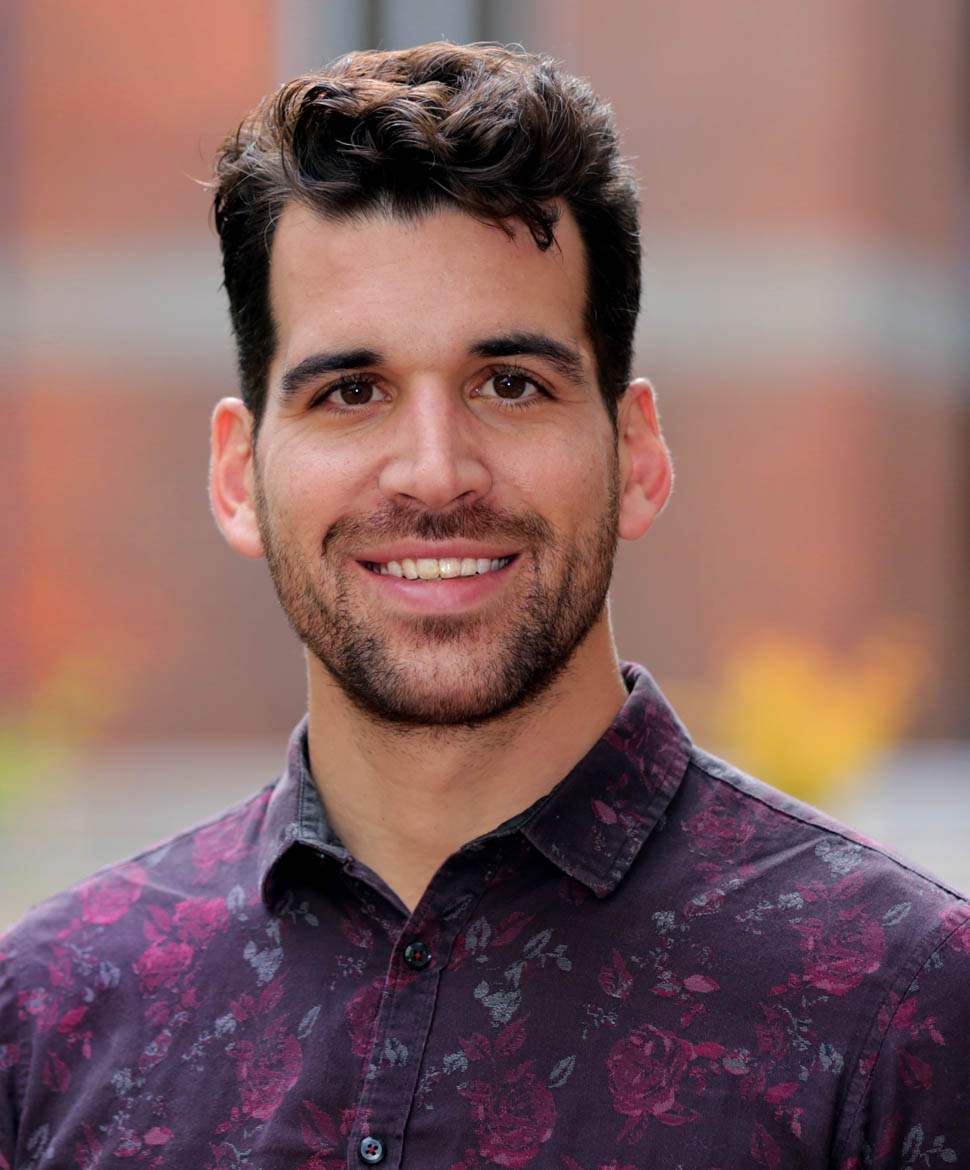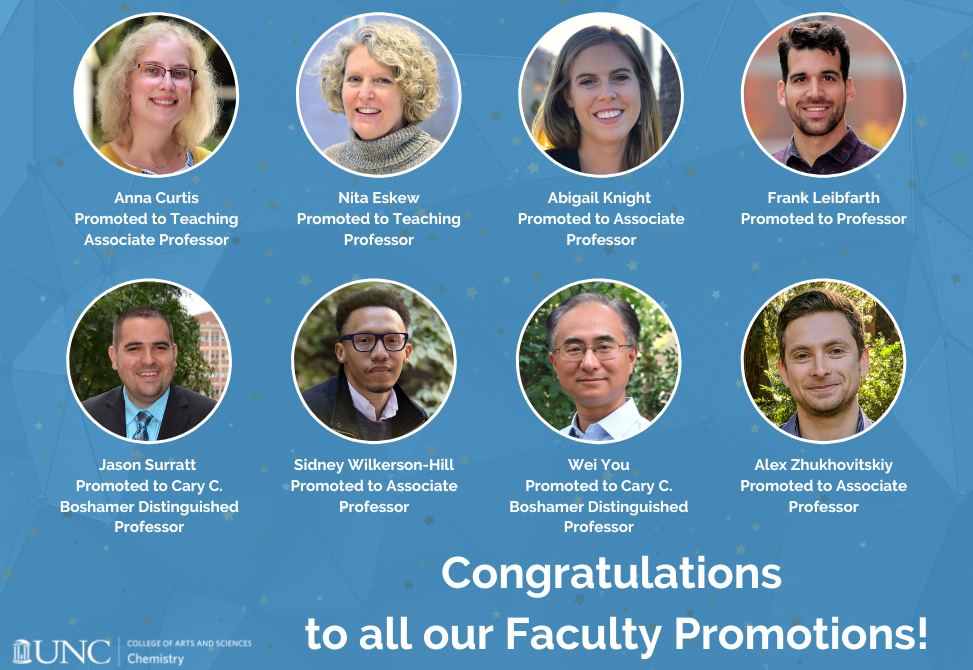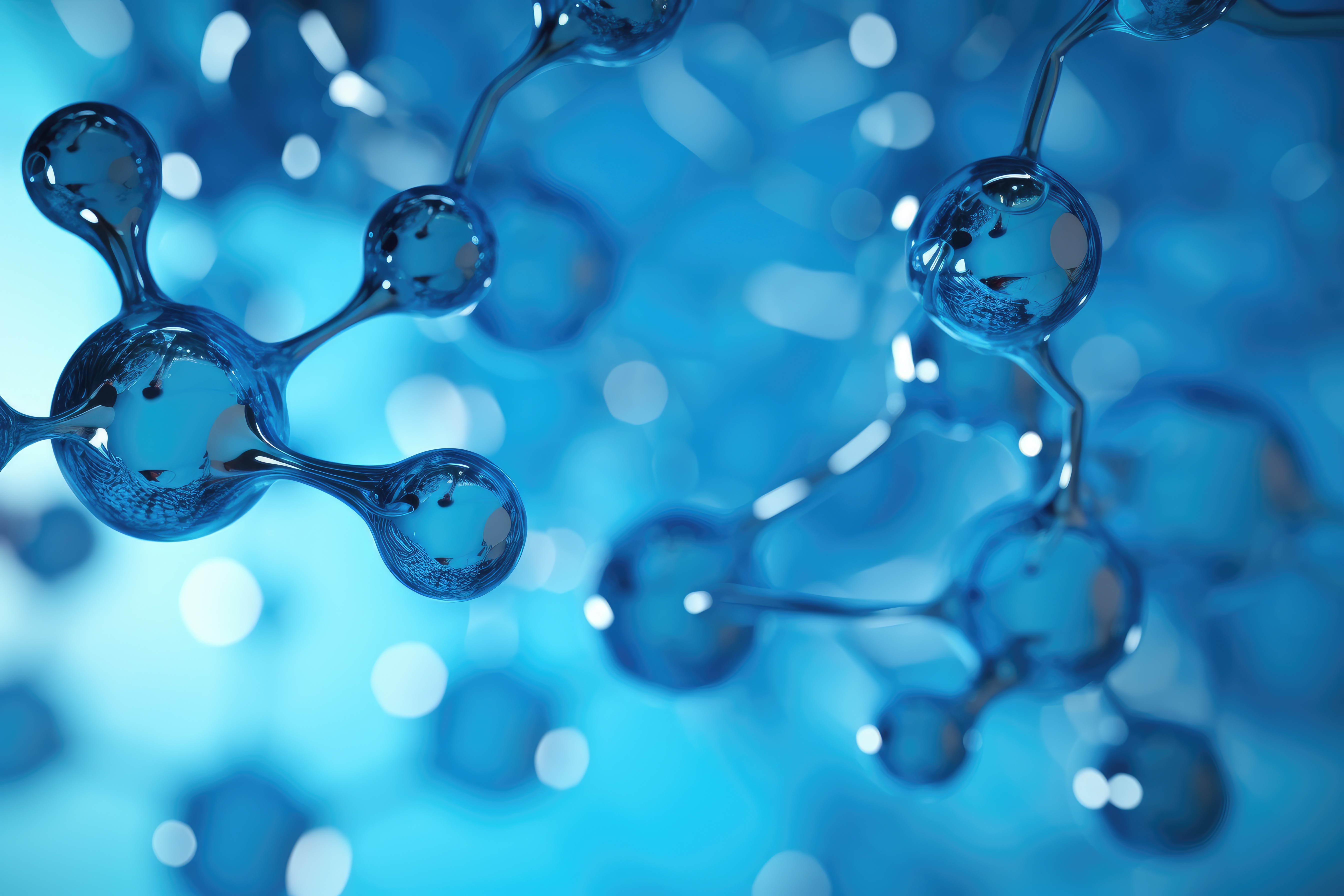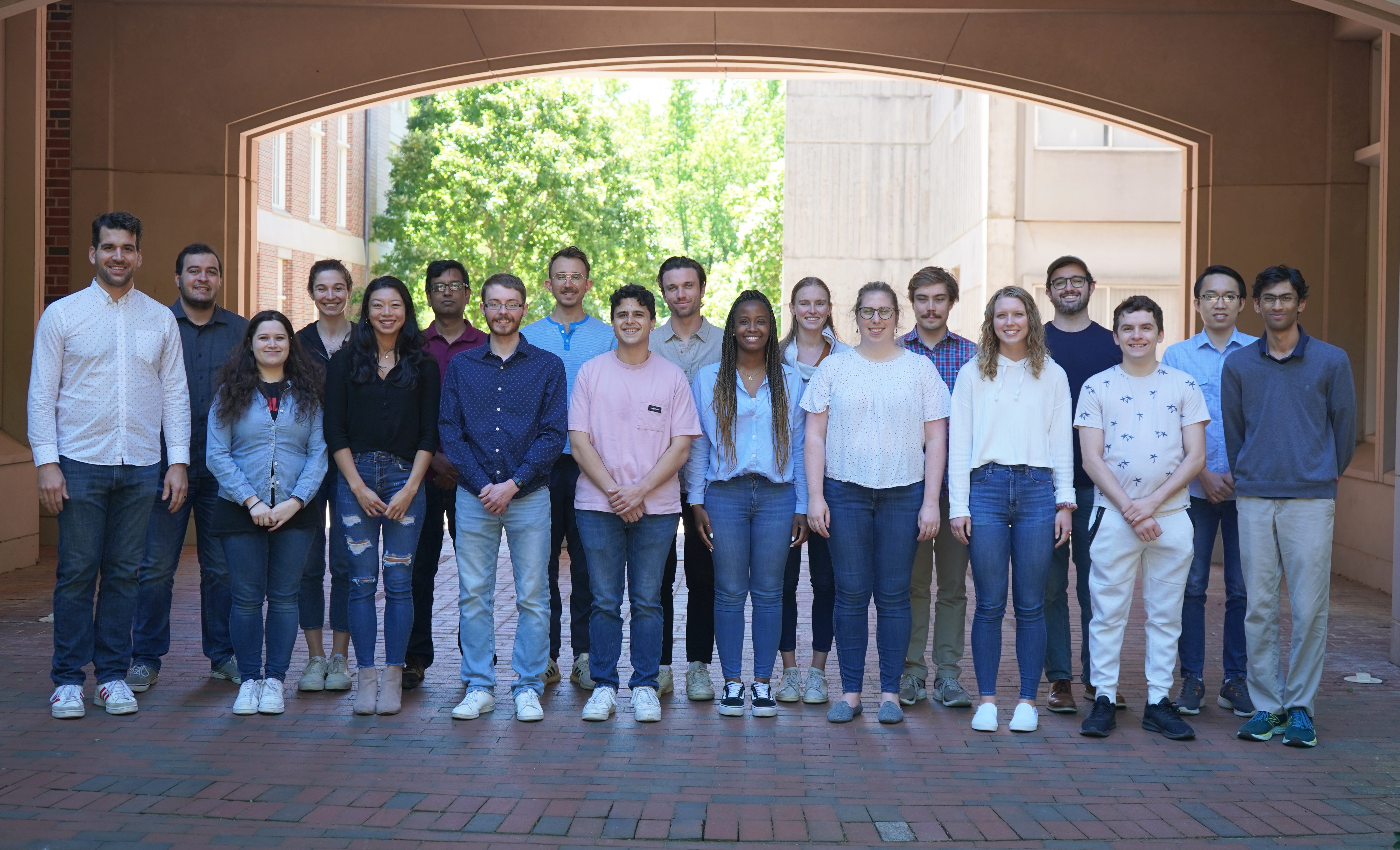
Frank Leibfarth
Professor
Caudill Laboratories 239919-962-3418
frankl@email.unc.edu
Group Website
Curriculum Vitae
Research Interests
Polymer science, organic synthesis, and continuous flow chemistry
Research Synopsis
Our research seeks to develop new methods for the synthesis of functional polymers with the goal of discovering and studying their emergent macromolecular behavior. The approach is rooted in the belief that the convergence of organic, continuous-flow, and polymer chemistries holds the key to making materials smarter, more functional, and more sustainable. The group is currently focused on developing methods to control stereochemistry in ionic polymerizations, uncovering enhanced function in commodity polymers through selective C–H functionalization, and creating automated approaches for the synthesis of unique polymer architectures with novel functions.
Professional Background
2022 – Present Associate Professor, Department of Chemistry, University of North Carolina at Chapel Hill 2016 – 2022 Assistant Professor, Department of Chemistry, University of North Carolina at Chapel Hill 2013 – 2016 NSF Postdoctoral Fellow with Professor Timothy F. Jamison, Massachusetts Institute of Technology 2013 Ph.D. University of California Santa Barbara, Professor Craig J. Hawker 2008 B.A. in Chemistry and Physics, University of South Dakota
Honors and Awards
University of South Dakota Spring Commencement Speaker (2022)
Journal of Polymer Science Innovation Award, ACS PMSE Division (2022)
Thieme Chemistry Journal Award (2022)
UNC Winter Commencement Speaker (2021)
Named one of the “Brilliant 10” early career scientists by Popular Science (2021)
UNC Tanner Award for Excellence in Undergraduate Teaching (2021)
Fellow, ACS POLY Division (2021)
NIH Maximizing Investigators’ Research Award (MIRA R35) (2021)
Camille Dreyfus Teacher–Scholar Award (2020)
Sloan Research Fellowship in Chemistry (2020)
Cottrell Scholar Award (2020)
Herman F. Mark Young Scholar Award, ACS POLY division (2020)
Beckman Young Investigator (2019)
Named among “Talented 12” by Chemical & Engineering News (2019)
NSF CAREER Award (2019)
Army Research Office Young Investigator Program (2019)
PMSE Young Investigator Award (2019)
Air Force Office of Scientific Research Young Investigator Program (2018)
3M Non-tenured Faculty Award (2017)
Emerging Leader Award, University of South Dakota Alumni Association (2017)
Research Group
Our research program spans each stage from molecular design to material function and will provide students with a diverse and competitive skill set bridging organic and polymer synthesis, small molecule and macromolecule characterization, and applied studies in material science and biotechnology. The goals of the research are inherently interdisciplinary and students will routinely work collaboratively both within and outside of the group to accomplish their scientific and professional goals. We envision our research efforts providing new and potentially useful solutions to challenges in sustainability and human health.
News & Publications

The Department of Chemistry at the University of North Carolina at Chapel Hill is pleased to announce the promotion of...

UNC and Purdue scientists designed a special material that can carry spin currents over long distances without the need for chemical doping or unstable components.


